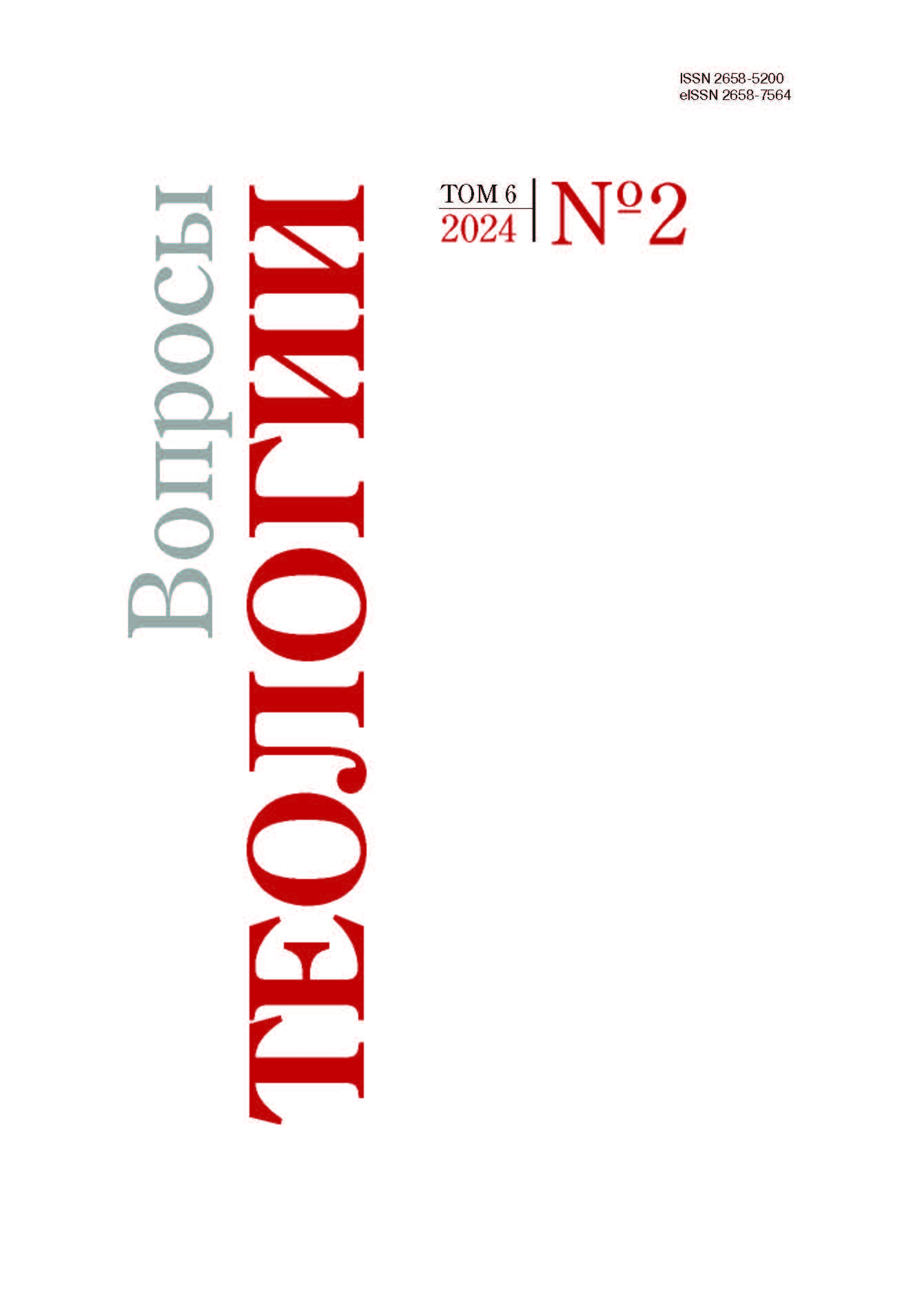Человечество как инструмент Слова: начало монофелитских споров и интерпретации Аристотеля в VI веке
DOI:
https://doi.org/10.21638/spbu28.2024.203Аннотация
В статье рассматривается христология Феодора Фаранского, одного из первых богословов-монофелитов, в контексте актуальных для данного времени философских учений. Анализ сохранившихся фрагментов из посланий Феодора показывает, что в его сочинениях содержатся четыре концепции, маркирующие его как приверженца перипатетической философской традиции: источником движения для душевно-телесного композита выступает то, что находится за его пределами; душа едина в том смысле, что растительная, животная и разумная души составляют единую сущность и действие их едино; душа является инструментом Слова, а тело — инструментом души; для движимого невозможно двигаться при неподвижном движущем (источнике его движения). Предполагается, что Феодор Фаранский вряд ли заимствовал данные концепции непосредственно у Аристотеля, имея дело либо с перипатетическими, либо с неоплатоническими интерпретациями Стагирита. Делается вывод, что Феодор Фаранский симпатизировал точке зрения, близкой к аутентичному аристотелизму в интерпретации Александра Афродисийского, — на это указывает близость его взглядов учению последнего о деятельном уме, о единстве души, об отношении движимого и движущего. Впрочем, инструментализм Феодора Фаранского, отсылающий скорее к неоплатонической интерпретации Аристотеля, свидетельствует о том, что полного тождества со взглядами Александра Афродисийского в его текстах нет.
Ключевые слова:
Феодор Фаранский, монофелитство, моноэнергизм, Аристотель, душа и тело, христология, Александр Афродисийский, Симпликий, Иоанн Филопон
Скачивания
Библиографические ссылки
References
Загрузки
Опубликован
Выпуск
Раздел
Лицензия
Статьи журнала «Вопросы теологии» находятся в открытом доступе и распространяются в соответствии с условиями Лицензионного Договора с Санкт-Петербургским государственным университетом, который бесплатно предоставляет авторам неограниченное распространение и самостоятельное архивирование.




